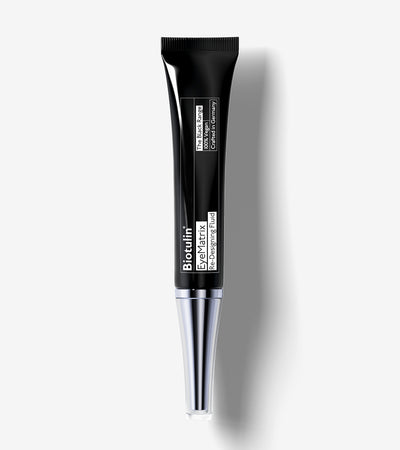Overview/Definition
Ricinus Communis (Castor) Seed Oil, commonly known as castor oil, is derived from the seeds of the Ricinus communis plant. This oil is renowned for its high content of ricinoleic acid, a unique fatty acid that contributes to its therapeutic properties. Castor oil has been used for centuries in various applications, including skincare, hair care, and medicinal treatments.
Castor oil is extracted through a process of cold pressing the seeds, followed by clarification. It is a stable vegetable oil with a heavier texture compared to other vegetable oils, making it a popular ingredient in cosmetic formulations for its emollient properties.
Function in Skincare
Castor oil serves multiple functions in skincare:
- Emollient: It helps to soften and smooth the skin, providing hydration and improving skin texture.
- Anti-inflammatory: The ricinoleic acid in castor oil has anti-inflammatory properties, making it beneficial for reducing skin irritation and inflammation.
- Antimicrobial: Castor oil exhibits antimicrobial properties, which can help in protecting the skin from infections.
Skin Type Suitability
Castor oil is suitable for various skin types, including:
- Dry Skin: Its emollient properties help to deeply hydrate and nourish dry skin.
- Acne-Prone Skin: The antimicrobial properties can help reduce acne and prevent breakouts.
- Sensitive Skin: While generally safe, it is always recommended to perform a patch test due to its potent properties.
Benefits
Castor oil offers several benefits for the skin:
- Hydration: It deeply moisturizes the skin, keeping it soft and supple.
- Healing: Promotes wound healing and can help reduce the appearance of scars and stretch marks.
- Anti-Aging: Helps to reduce the appearance of fine lines and wrinkles by promoting skin elasticity.
Potential Side Effects or Risks
While castor oil is generally considered safe for topical use, there are some potential side effects and risks:
- Allergic Reactions: Some individuals may experience allergic reactions or skin irritation.
- Comedogenicity: Castor oil has a low comedogenic rating, but it can still clog pores in some individuals if used excessively.
Usage in Skincare Products
Castor oil is commonly found in a variety of skincare products, including:
- Moisturizers: Used for its deep hydrating properties.
- Cleansers: Helps in removing dirt and impurities from the skin.
- Hair Care Products: Used in shampoos and conditioners to promote hair health and growth.
How It’s Used
To incorporate castor oil into your skincare routine, consider the following best practices:
- Patch Test: Before using castor oil, perform a patch test to check for any adverse reactions.
- Dilution: It can be mixed with other carrier oils to reduce its viscosity and enhance absorption.
- Complementary Ingredients: Works well with essential oils and other skincare ingredients to boost effectiveness.
Scientific Studies/Research
Research on castor oil indicates that it is safe for use in cosmetic formulations. Studies have shown its effectiveness in skin hydration, anti-inflammatory actions, and antimicrobial properties. The Cosmetic Ingredient Review Expert Panel has deemed castor oil and its derivatives safe for use in cosmetics.
Other Names/Synonyms
Castor oil may also be referred to by its chemical name or other synonyms, including:
- Ricinus Communis Oil
- Castor Oil
Sustainability/Environmental Impact
Castor oil is derived from the seeds of the Ricinus communis plant, which is cultivated in various regions around the world. The sustainability of castor oil depends on the farming practices and processing methods used. It is generally considered to have a low environmental impact due to its biodegradability and renewable source.
Fun Facts
- Castor oil has been used historically for its medicinal properties, including as a laxative and to induce labor.
- It is also used in industrial applications, such as in the production of biodiesel and lubricants.


